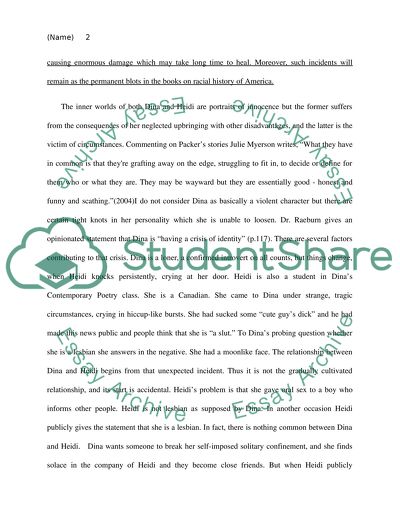Cite this document
(“Drinking Coffee Elsewhere and Every Tongue Shall Confess Essay”, n.d.)
Drinking Coffee Elsewhere and Every Tongue Shall Confess Essay. Retrieved from https://studentshare.org/literature/1679506-essay-depends-on-drinking-coffee-elsewhere
Drinking Coffee Elsewhere and Every Tongue Shall Confess Essay. Retrieved from https://studentshare.org/literature/1679506-essay-depends-on-drinking-coffee-elsewhere
(Drinking Coffee Elsewhere and Every Tongue Shall Confess Essay)
Drinking Coffee Elsewhere and Every Tongue Shall Confess Essay. https://studentshare.org/literature/1679506-essay-depends-on-drinking-coffee-elsewhere.
Drinking Coffee Elsewhere and Every Tongue Shall Confess Essay. https://studentshare.org/literature/1679506-essay-depends-on-drinking-coffee-elsewhere.
“Drinking Coffee Elsewhere and Every Tongue Shall Confess Essay”, n.d. https://studentshare.org/literature/1679506-essay-depends-on-drinking-coffee-elsewhere.


